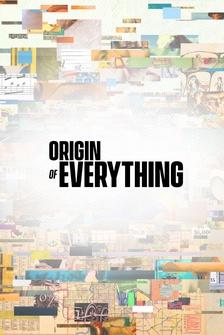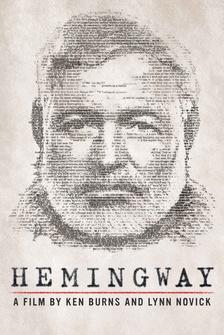Leguizamo: There was a third important person at this diplomatic meet and greet, Cortés's native interpreter, the Spanish called her Doña Marina, and the Maya gave her the title of respect, Malintzin.
Malinche is an extremely divisive figure in Latin history.
She gave birth to Hernán Cortés's son.
Metaphorically, this is the first Latino, a child with both indigenous and European ancestry.
She's the mother of all modern Mexico, but as I learned, many also see her as a traitor, a temptress who aligned with the conquistadors over her own people.
She actually was born into a noble Aztec family, and she was sold to a Chontal Mayan community.
She's basically on the lower rungs of the society in Chontal Maya.
She learns the language, of course.
Hernán Cortés is traveling through the southern part of Mexico.
He looks scary and dangerous, and so they just like, "Here, we're going to give you some gifts, move on."
And among those gifts that they gave Cortés was 20 women to serve as basically sex slaves for him and his troops.
Leguizamo: Malinche was among these women.
She was no more than 19 or 20 years old at the time.
Soon, she learns Spanish and she becomes absolutely crucial in the linguistic and communicative bridge between the Spaniards and Moctezuma, because she is trilingual.
Cortés makes note of that, and he makes her his woman, and says, "I will give you your freedom if you will be my interpreter and my secretary."
We do know, because it is in the record, that she did give away the information when they were in Cholula, that the Cholulans were going to attack the Spanish, and there was going to be a massacre.
And she went and told Cortés, so Cortés organized a massacre against the Cholulans.
And she becomes very close to Cortés, so much so that the indigenous people, as a way of kind of making fun of him, called him Malinche in some of the documents, and they're calling him Malinche, because they're saying he's not only very close to Malinche, but she has some control over him.
Leguizamo: It's painful to imagine a native woman helping Cortés in his conquest.
In Mexican arts and literature, Malinche is usually depicted as a seller of her nation.
"Malinchista" today is still used as a Spanish insult to describe a traitor or a backstabber, and it's really easy to paint Malinche as a villain in Mexican history.
She's not siding with the Europeans, she doesn't know what Europe is, who the Europeans are, and she does the work that she had to do.
I just want to say that it's ridiculous to think that a woman who is a translator for a conqueror is the one responsible for the whole falling of the Mexica Aztec Empire.
Leguizamo: Today, many Mexican and Chicana women are taking Malinche's story back, some see her now as a victim of machismo culture, and an icon of motherhood and feminine power.
My own mestizo heritage includes both the conquerors and the indigenous people.
So Malinche's story can't be fully one thing or another, and neither can mine.













